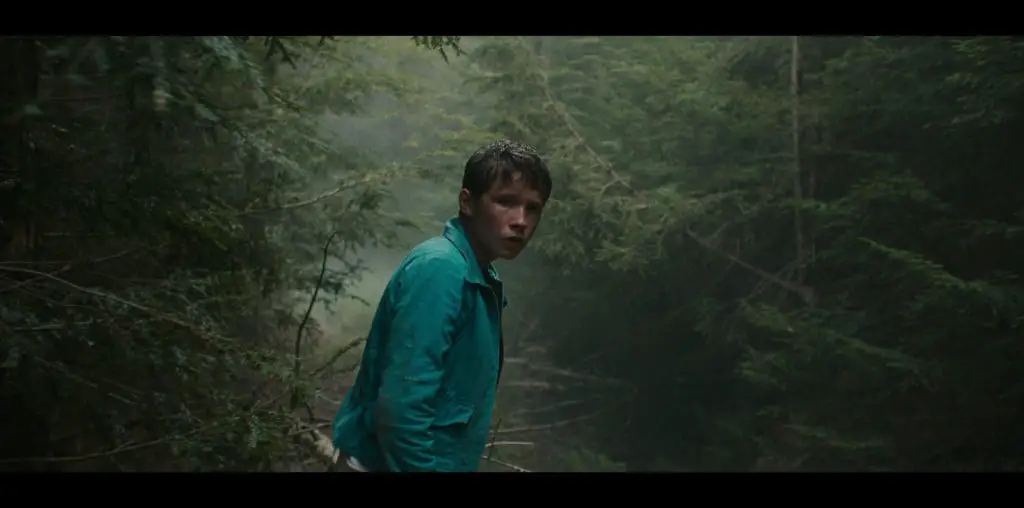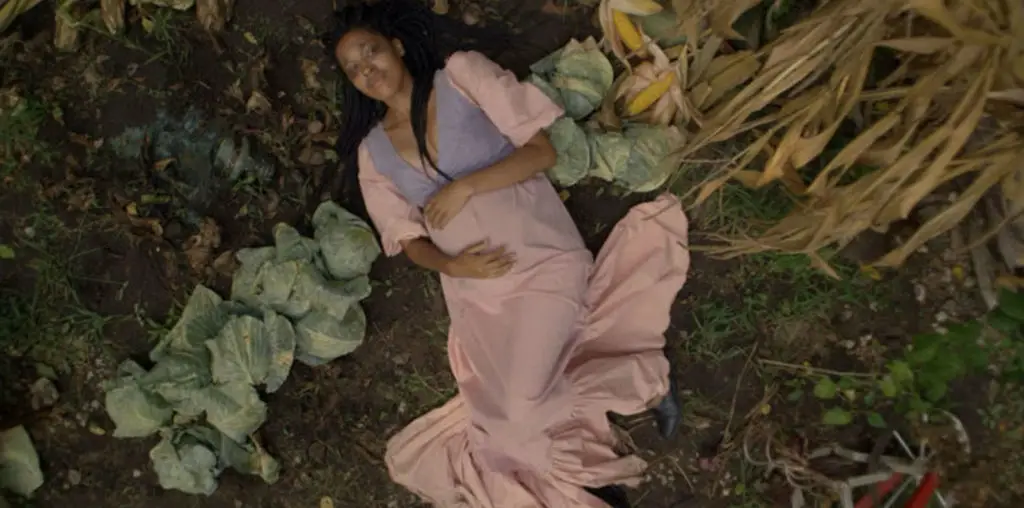
Bollywood, or commercial Hindi cinema from India, made a huge step toward mainstream recognition in the Western world when the lavish historical drama Lagaan: Once Upon a Time in India was one of the five nominees for the Best Foreign Language Film Academy Award this March. While it is the first film of the traditional musical Bollywood mold to make the final Oscar cut, Lagaan is remarkably Yank-accessible, from the presence of prominent British characters to its straight-out-of-Tinseltown underdog sports movie formula (never mind that the sport in question was cricket). It makes for an ideal “Bollywood for beginners” film, which is not meant to be taken dismissively. The film is a rousing entertainment with catchy music and terrific choreography; it’s just that the Bollywood touches are made all the more palatable for the Western viewer through familiar, comfortable packaging.
India’s official entry for the 2003 Foreign Language Film Oscar race, “Devdas,” is a more undiluted taste of Bollywood and, perhaps not so coincidentally, a far stronger film than last year’s breakthrough entry. An adaptation of a famous and oft-filmed 1917 novel by Sarat Chandra Chattopadhye, Sanjay Leela Bhansali’s masterful film is full of the broad strokes characteristic of popular Indian cinema: some of the acting isn’t exactly subtle; the comedic bits are sometimes overripe; the extreme drama is strictly befitting the prefix of “melo-“–and made all the more so, of course, by the musical sequences. But such hyper reality couldn’t be more appropriate for this sweeping, operatic romance. As the film begins, the title character (Shahrukh Khan) returns to India after studying law in England, intending to rekindle his romance with childhood sweetheart Paro (Aishwarya Rai). She is certainly eager to reciprocate, but less than eager to see these two soul mates share a life together is Devdas’ family, who’d rather see him find a match more equal in social and financial station–thus setting into motion a series of events that proves to be destructive to all parties involved.
One doesn’t need to know of “Devdas”‘ celebrated literary origins to recognize it as being an archetypal romantic tragedy of “Romeo and Juliet” proportions, and Bhansali literally spared no expense to make his version just as larger-than-life as the novel’s legacy. At a budget of $15 million, it is the most expensive Bollywood film in history, and every last cent shows in every last inch of this lavish production. Binod Pradhan’s stunning cinematography makes the bold colors of the opulent sets and the gorgeous period costumes even more ravishing to behold.
Undoubtedly the eye candy and hefty price tag played a part in the film getting tapped to premiere at this year’s Cannes Film Festival (though out of competition), but there’s more to “Devdas” than extravagance; the emotion and passion of the story is felt just as strongly in every frame as the budget. Khan and Rai’s chemistry is palpable from their first scene together, instantly creating a rooting interest in Devdas and Paro’s coupling. Apart, the pair creates believable, fully fleshed-out people though Khan lays on his character’s self-destructive streak a bit too thick at times. Better is Rai, who makes Paro’s evolution from sheltered girl to mature woman quite compelling as courtesan Chandramukhi, Madhuri Dixit turns what could’ve been the throwaway third point in a triangle into a character just as complex and sympathetic as the other two.
And then, of course, there are the musical numbers, which intensify the gamut of emotions that run through the film. Dixit and Rai are excellent dancers, and their joint number, superbly choreographed and captured with bravura Busby Berkeley-style camera work, is an exhilarating highlight; on the flip side one has to be made of stone not to be moved by the heartbreaking pre-intermission duet between Devdas and Paro. Bhansali does hit a wrong note by stalling the tragic momentum with a late lighthearted number, but this minor stumble doesn’t blunt the emotional impact of the finale or the whole of this beautiful film.

